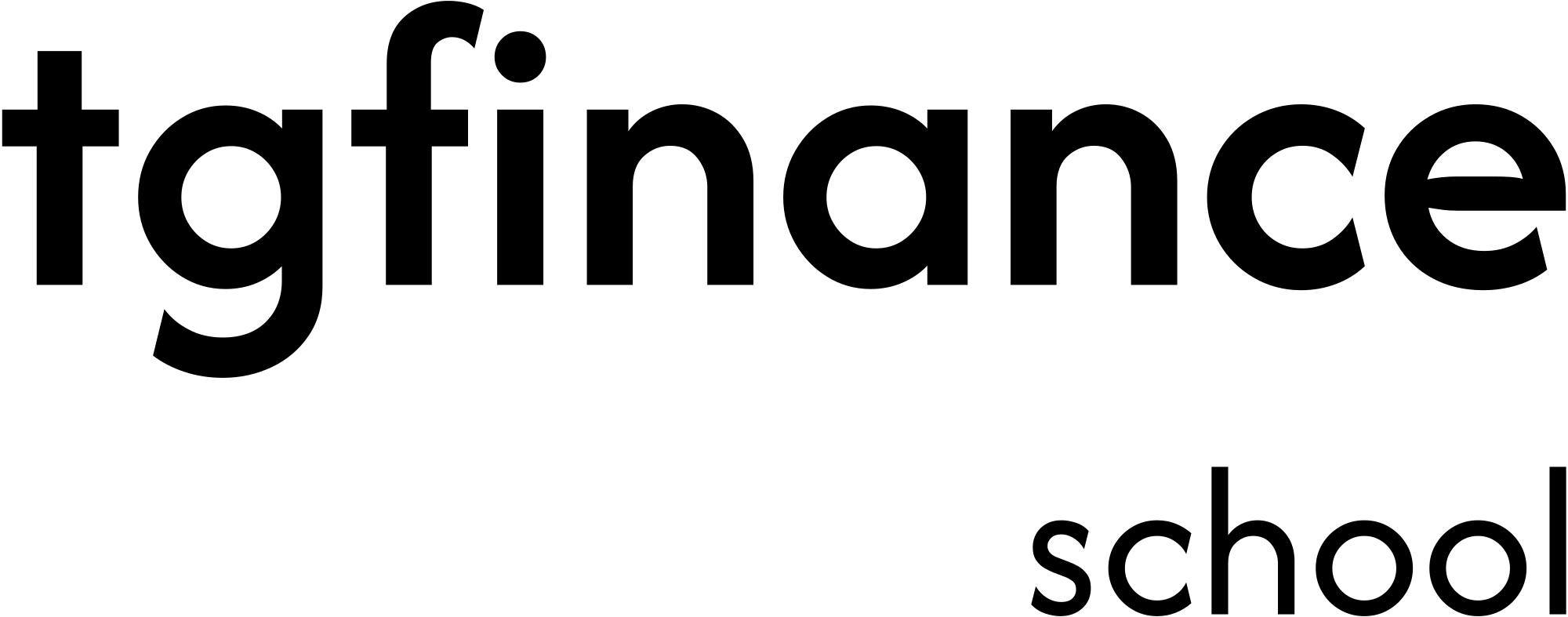The debt snowball method is the fastest way to pay off debt. I used it to pay off $60,000 of student loan debt in just 18 months! And if it worked for me, it'll work for you, too.
How Does the Debt Snowball Method Work?
The debt snowball method is a debt-reduction strategy in which you pay off debt from smallest to largest, gaining momentum as you knock out each balance. When the smallest debt is paid in full, you roll the minimum payment you were making on that debt into the next-smallest debt payment.
Here's how the debt snowball works:
Here's how the debt snowball works:

As you knock out your debts one by one, the amount of money you have to throw at the rest of your debt grows like a snowball rolling down a hill (hence the name). The excitement you get from paying off your smallest debt super quick will motivate you to keep plowing through your debt to that debt-free finish line!
Why Does the Debt Snowball Method Work?
The debt snowball works because it's all about changing your behavior. Trust me, you don't need to have a finance degree or be a mathlete to beat debt. Your mindset has more to do with this equation than math ever will. In fact, personal finance is 80% behavior and only 20% head knowledge.
The quick wins you get with the debt snowball help you believe you can pay off your debt. And if you think about it, you'll start behaving like it. That's why it worked for me. Once I saw my smallest credit card debt get knocked out, I did a little happy dance (internally—you don't want to see me dance externally). And my brain was like, That was awesome! Let's do it again! That's the power of psychology—and the debt snowball.
The quick wins you get with the debt snowball help you believe you can pay off your debt. And if you think about it, you'll start behaving like it. That's why it worked for me. Once I saw my smallest credit card debt get knocked out, I did a little happy dance (internally—you don't want to see me dance externally). And my brain was like, That was awesome! Let's do it again! That's the power of psychology—and the debt snowball.
Pretty soon, you'll lose steam and give up altogether. Why? Because it's taking forever to gain traction! You've started with the most complex debt instead of the easiest. Plus, you'll still have all your other small, annoying debts that you must keep paying.
But when you knock out the smallest debt first, you get a win much faster! That debt is out of your life forever. The second debt will soon follow, and then the next. Suddenly, you're throwing a monster snowball of payment at your last debts—instead of chipping away with bite-sized minimum payments.
When you see your debt snowball actually working, you're more likely to stick with it. And the next thing you know, you'll scream, "I'm debt-free!"

An Example of the Debt Snowball
Let's see an example of how this method works in real life. In this scenario, you've got four different debts:
$400 medical bill—$60 payment
$2,500 credit card debt—$70 payment
$10,000 car loan—$250 payment
$10,000 student loan—$80 payment
Using the debt snowball method, you'd make minimum payments on everything except the $500 medical bill, which you attack with a vengeance. And you're super focused on your goal, so you get a side hustle, bringing in an extra $400 each month that you add to your snowball.
That debt is completely gone in one month since you're paying $460 a month on the medical bill (the $60 minimum payment plus the extra $400). Boom! Now, you can take the freed-up $460 and put it toward your credit card debt, paying a total of $530 ($460 plus the $70 minimum payment). In about five months, you'll kiss that credit card debt goodbye.
Next, you'll punch that car loan in the face to $780 a month ($530 plus $250). In a year from now, you'll be driving off into the sunset in a vehicle you actually own.
By reaching your last (and most significant) debt, you've gotten severe and decided to cut your spending even more, giving you an extra $100 monthly. So, now you can put $960 a month toward that dreaded student loan! With a hefty payment like that, you'll send Sallie Mae packing her bags just ten months later.
Do you see why the debt snowball is the best debt payoff method? Paying off your debt correctly, throwing extra money into your snowball, and staying focused on your goal is how you pay off $22,900 in less than 28 months. And chances are, you'll probably get so fired up along the way that you pay off your debt even faster!
How to Stay Motivated Working the Debt Snowball
The debt snowball method works. But honestly, it's not a cakewalk or a walk in the park. In fact, there's no cake or walking involved here. It will take hard work, sacrifice, budgeting—and constantly telling yourself, We have food at home.
If you're ready to eliminate your debt, check out Financial Basics Course . You'll learn how to use the debt snowball to pay off all your debt. Faster. Than. Ever. And it's the same practices that helped me go from broke to millionaire in a decade.
The best part is having a community of people on the same journey as you! That accountability and encouragement help you stay motivated until you make that final payment.
Listen, the average household who takes Financial Basic Course pays off $3,980 in the first 90 days. That's not chump change! So, sign up for a class today.
Like the snowball gaining speed down the hill, you can power through paying off debt. And when you no longer have debt holding you back, you can save for your future and build the life you want.
You've got this!

